Have you heard of the F.I.R.E. Movement? This movement has to do with financial independence – or retirement – at a young age. Let’s take a closer look at what this movement is all about and whether or not it’s a good idea.
What is the F.I.R.E movement?
The F.I.R.E movement is a movement that requires extreme frugality and high income in order to achieve financial freedom at a very young age (think 30s or 40s). F.I.R.E stands for “Financial Independence, Retire Early.”
The F.I.R.E. movement is a challenging idea that takes a lot of determination and hard work. To achieve such an early retirement, most of the followers of this movement invest at least 50% of their income.
Is the F.I.R.E. movement a good idea?
While retiring before you reach the age of 50 may sound quite enticing, there are some concerns with this prospect. The premise of the F.I.R.E movement is that you can work very hard and live very frugally for a time, amassing enough wealth to be able to live without a paycheck (or with a very small or flexible paycheck) from an early age. Let’s take a look, however, at some potential concerns that can arise with this type of lifestyle.
Work provides a social outlet
For many people – if not most – work is the place where social interaction is the most consistent. Most people spend a large portion of time at work and develop friendships through this outlet.
In addition, even if most of your friends aren’t at your workplace, they’re probably busy working somewhere else. If you retire before age 50, you will likely find that most of your friends and peers are working during the day. Therefore, it can be difficult to build and keep up relationships when your lifestyle looks very different from those around you.
Lack of work can lead to boredom
One of the main concerns that retirees have is boredom. This is just one reason why we counsel our clients to give careful thought to how they would like to spend the retirement years from an early age.
It can be jolting to go from spending 40+ hours per week at work to suddenly having so much free time. This issue would be even more concerning for a working-age person. If you plan to retire in your 30s or 40s, how will you fill your time? Life will look a lot like it did before retirement, except with less scheduling and no formal work. Keep in mind that boredom can lead to depression and other health concerns.
Unexpected life changes
With a very long retirement timeframe, you’ll have to make a lot of assumptions about your finances that may or may not hold. You never know what unexpected situations or expenses will come up in your later years. In addition, your aspirations may change, leaving you wishing that you had not stopped working so early. If you have been unemployed for a decade and then have to go back to work, the transition is most likely going to be very difficult.
Is there a better way?
Rather than living very frugally and working extremely hard for a couple of decades, we would suggest spending your efforts to find work that is fulfilling and enjoyable.
Work does not have to be something that needs to be escaped. On the contrary, work can be an exciting, gratifying experience that provides structure, social interaction, and personal growth. Hopefully, you can also find enjoyment in a job that is well paying. It is certainly possible to spend your working years living a great lifestyle, rather than simply looking for a way to not work anymore.
Do you have questions about retirement?
Are you unsure of what you want your retirement years to like? Do you feel lost when it comes to financially planning for the future? Do you know how much you need to be investing now in order to retire comfortably?
If you’ve asked yourself any of the above questions, we’d love to help. At Milestone Wealth Management, we enjoy sitting down with you to get to know your situation and your needs. After that, we build a plan to help you achieve your financial milestones.
Schedule a meeting today to get started, or read the answers to our most commonly asked questions about retirement.
This material is not intended to replace the advice of a qualified tax advisor, attorney, or accountant. Consultation with the appropriate professional should be done before any financial commitments regarding the issues related to the situations above are made.

